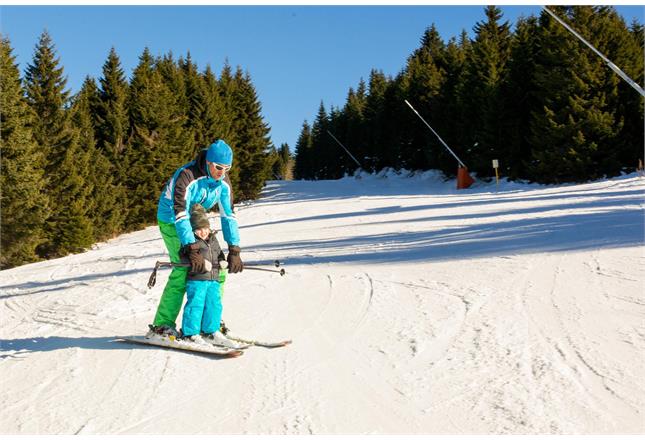
This is a big question and one that we’ve been grappling with for some time. I was pleased this week to have the opportunity to speak alongside the Professional Players Federation and Rugby Football Union in the House of Lords, giving evidence on the potential implications of Brexit to the Lords Home Affairs Committee.
The Committee is considering the impact of Brexit across a wide range of sectors, including sport and culture and is seeking evidence on a varied range of topics. The makeup of the sector’s workforce including EU and non-EU nationals and the sport specific impacts around temporary visas for workers are examples of matters the Committee is looking to get greater understanding on.
My evidence focused on three key points
The overarching priority, wherever the UK Government ends up in its negotiating strategy on Brexit, is clarity. Currently, future planning is difficult in a climate of such uncertainty.
I made the point very strongly to the Committee that whilst for some of our larger members, it would be possible to absorb additional cost and complexity there would still be consequences. Put simply, it would still result in money being committed to new compliance that could no longer be invested in the grassroots. Every pound spent on complying with new rules is a pound not spent in local clubs, communities or schools.
For our medium size and small members, we fear that there is a very real risk of a ‘chilling effect’ where new regulations (and the perception and understanding of them) could cause significant reductions in the movement of people, services, expertise and equipment – with a major knock on effect on our ability to host competitions at all levels.
The UK is a world leader in sport – in terms of our knowledge, performance, major events and our approach to participation and volunteering. It is essential not to put that at risk.
The Sport and Recreation Alliance is delighted to confirm former Rugby Football League (RFL) CEO, Ralph Rimmer OBE, as the Chair and Jack Baker as Deputy Chair of the new NGB Coalition.
Read moreIt is with immense sadness that the Sport and Recreation Alliance learned of Andy Sutch’s passing last week, and we send our deepest condolences to Andy’s family and friends.
Read moreThis afternoon, the Chancellor delivered her Budget speech to Parliament, outlining decisions on tax and spending.
Read moreJoining the Sport and Recreation Alliance is pretty simple, but worthwhile!
Register now